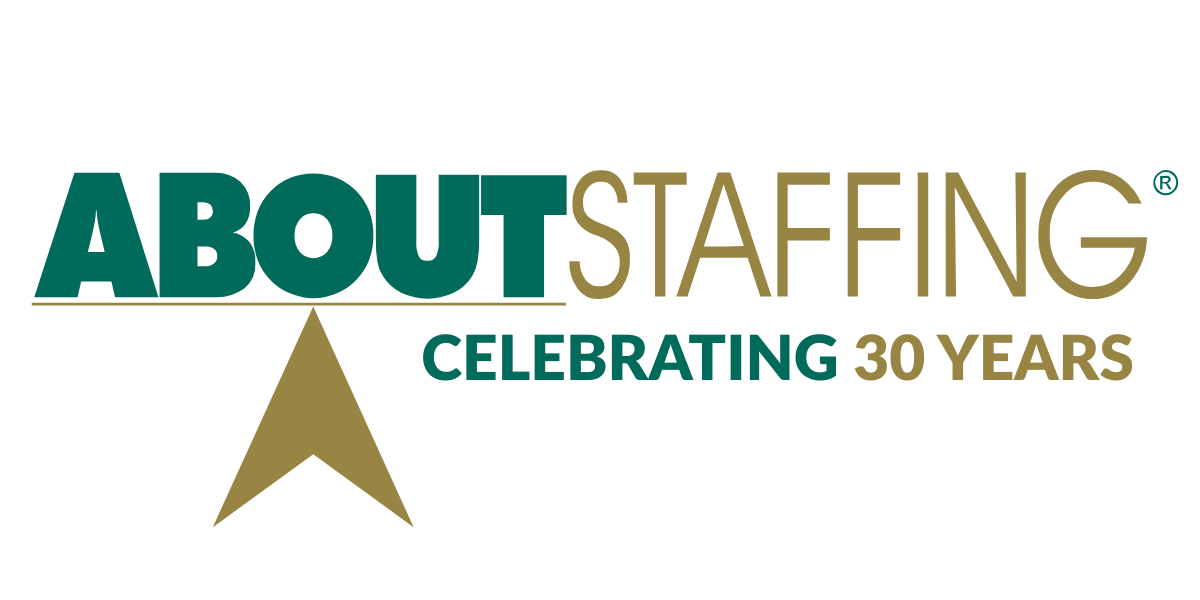Starting a New Job While Pregnant Canada
Are you searching for a job, or did you recently get hired to a new position, while pregnant? In Canada, it is completely within the law to start a new job or interview for positions while you are pregnant. In fact, it is forbidden by law for an employer to discriminate against a potential– or current– employee due to their pregnancy.
- Starting a New Job While Pregnant Canada
- Looking for a Job When Pregnant
- Your Pregnancy Rights
- Dealing With Workplace Discrimination
- Frequently Asked Questions
- Can I get hired while pregnant in Canada?
- Is it bad to start a new job pregnant?
- If I start a new job will I qualify for mat leave?
- Do you have to disclose pregnancy at a job interview in Canada?
- When to tell your employer you are pregnant in Canada?
- Are pregnancy and parental rights the same across Canada?
- Will employers hire you if you are pregnant?
- Is it legal to ask about pregnancy in an interview?
Looking for a Job When Pregnant
Since it is illegal for an employer to discriminate against a potential hire due to their pregnancy status, or their plans to start a family, you do not have too much to worry about if you are looking for a new job. By law, your pregnancy should not be a factor in an employer’s choice. This leaves it up to your qualifications and skills when applying to a new job and going through the interview process. However, if you are going through a career change at the time of your pregnancy, there are a few things that you should consider.
When to Tell Your Employer Your News
While it is illegal to pass over a candidate due to their pregnancy, this still may factor into a company’s unintentional biases during the interview or hiring process. You do not have to tell an interviewer that you are pregnant, though you may feel guilty or obligated to. Typically, if your pregnancy is not showing, you do not have to disclose your pregnancy. The interviewer is also not supposed to ask you if you are pregnant or planning a family.
It is wise to feel out the company culture and meet your supervisors before disclosing any information– this will help you to figure out when is the best time to tell them your news. Regardless, this is something you should decide, based on your own personal set of circumstances. It is not something that is the same for everyone.
Communicate With Your Employer
Obviously, your employer will be grateful that you inform them of this so that you are able to plan for your mat leave in advance. Waiting too long to announce your pregnancy may leave them feeling resentful and as if you were dishonest, regardless of the law’s stipulations.
Communicate clearly with your employer and bring up the plan you have in mind so that you are able to collaborate and work constructively to plan around your parental leave. That will also help to reassure a company of your dedication to your position.
Your Pregnancy Rights
When starting a new role, you will want to ensure that you understand your rights so that you are not taken advantage of or discriminated against, especially if you are pregnant. You will want to be sure that you understand what your pregnancy and baby mean in relation to your job– this is also known as your pregnancy or parental rights.
Read on to learn more about your pregnancy rights and what they mean for you.
Rights at Work
Your pregnancy rights do not only cover you while you are pregnant, they cover concepts such as how you are treated as a pregnant employee at your company, the amount of leave you will receive, and how you are treated after you have your baby.
Health permitting, you are able to work until your baby is born unless your employer is unable to accommodate your needs. Your employer is also unable to tell you when to start your maternity leave.
Your pregnancy is considered to be a valid health reason to be away from work, but not considered an illness or a disability. Examples of times you may be away from work due to your pregnancy are checkups and prenatal appointments.
You should also have full access to your regular earned benefits– sick leave, vacation time, seniority, and overtime– while you are pregnant. Your pregnancy rights protect you from being fired or demoted because you are pregnant, planning to become pregnant, or breastfeeding as well.
Accomodations at Work
If your pregnancy is interfering with your ability to do your job, this is still not a cause for your employer to fire or otherwise punish you. Instead, certain workplace accommodations should be put in place. You and your employer or supervisor should collaborate to find reasonable accommodations that allow you to continue doing your job successfully.
Typically, an accommodation is when the employer modifies either the workplace or your daily responsibilities to account for health issues so that you can continue to work.
What are some examples of accommodations, you may ask? Some common accommodations in the workplace include allowing you to take time off for your medical appointments, additional time for bathroom breaks, and not requiring you to carry heavy objects or do strenuous tasks that were previously part of your job. After you give birth, another common accommodation is being provided flexible hours or a private area for breastfeeding or pumping.
Rights Across the Country
Generally, pregnancy rights across Canada are the same, or at least very similar. However, each territory or province does have its own human rights and employment standards legislation that governs pregnancy and parental rights– so there may be some slight differences depending on location.
For those working in industries under federal jurisdiction, such as radio or the postal service, these rights are protected under the Canada Labour Code and the Canadian Human Rights Act.
You should do thorough research on your rights as they pertain to the territory or province that you are in, as well as how they pertain to the industry you work in.
Dealing With Workplace Discrimination
While it is illegal for an employer to discriminate against an employee because of their pregnancy, unfortunately, you may still run into instances where you feel that you are being discriminated against.
These sorts of instances can include being passed over for a promotion when you are the most qualified candidate, having your work hours reduced, or being fired or demoted due to your pregnancy.
So, what should you do if you think you are being discriminated against in the workplace? There are a few different routes of action that you can take. First, you should start by addressing this directly in your workplace, whether with your boss or supervisor or with whatever system the company has in place to receive these types of complaints and concerns– this may involve going directly to your HR department.
If you are part of a union, you should ask them to file a grievance for you, as one of the human rights protections that are covered is pregnancy.
If you are not part of a union, you will want to consult the human rights body in your province or territory so that you can find out about the process to take a discrimination issue further. These agencies can advise you on the best action steps to take moving forward, and advise you on the best way to handle your situation. It would also be wise to consult a lawyer regarding the discrimination that you are experiencing if discussing it with your supervisor does not resolve the issue.

Frequently Asked Questions
Can I get hired while pregnant in Canada?
Yes, you can still get hired for a job in Canada if you are pregnant. It is against the law for employers to discriminate against a woman or not hire her due to her being pregnant.
Is it bad to start a new job pregnant?
By law, companies cannot deny you employment due to your being pregnant. However, if you are visibly pregnant, you may experience some unintentional discrimination– this discrimination is against the law. From a legal rights standpoint, it is perfectly okay for you to start a new job while you are pregnant.
If I start a new job will I qualify for mat leave?
To be eligible for EI maternity benefits, you must have accumulated at least 600 hours of insurable employment in your qualifying period.
The qualifying period is the shorter of:
- the 52-week period immediately before the start date of your EI period, or
- the period since the start of a previous EI benefit period, if that benefit period started during the last 52 weeks
Do you have to disclose pregnancy at a job interview in Canada?
No, you do not have to disclose your pregnancy at a job interview. This is up to you to decide whether or not you will do so, and it is against the law for the employer to choose not to hire you because of this.
When to tell your employer you are pregnant in Canada?
You do not have to tell your employer as soon as you find out that you are pregnant. Under the Canadian Labour Code, you do not have to disclose this information until you are ready and able to apply for your maternity leave.
Are pregnancy and parental rights the same across Canada?
The legislation across the country is similar when it comes to pregnancy and parental rights. However, there may be slight differences between territories and provinces, so it is wise to check the practices and legislation that applies to you.
Will employers hire you if you are pregnant?
As long as you are the best candidate for the job and can perform the functions and duties required, you should receive the position. It is illegal for the company to choose not to hire you simply because you are a pregnant woman.
Is it legal to ask about pregnancy in an interview?
An employer cannot ask candidates if they are expecting or planning to start a family in a job interview. This sets them up for bias and discrimination during the hiring process, which is against the law.

